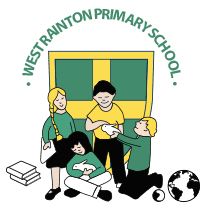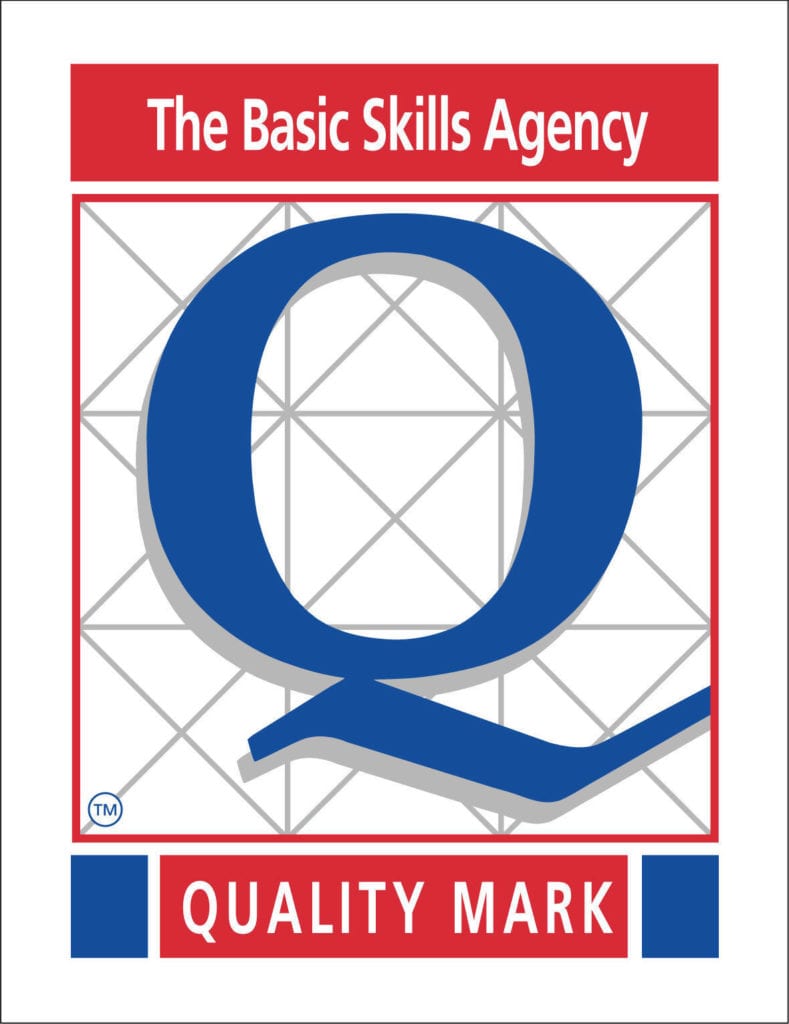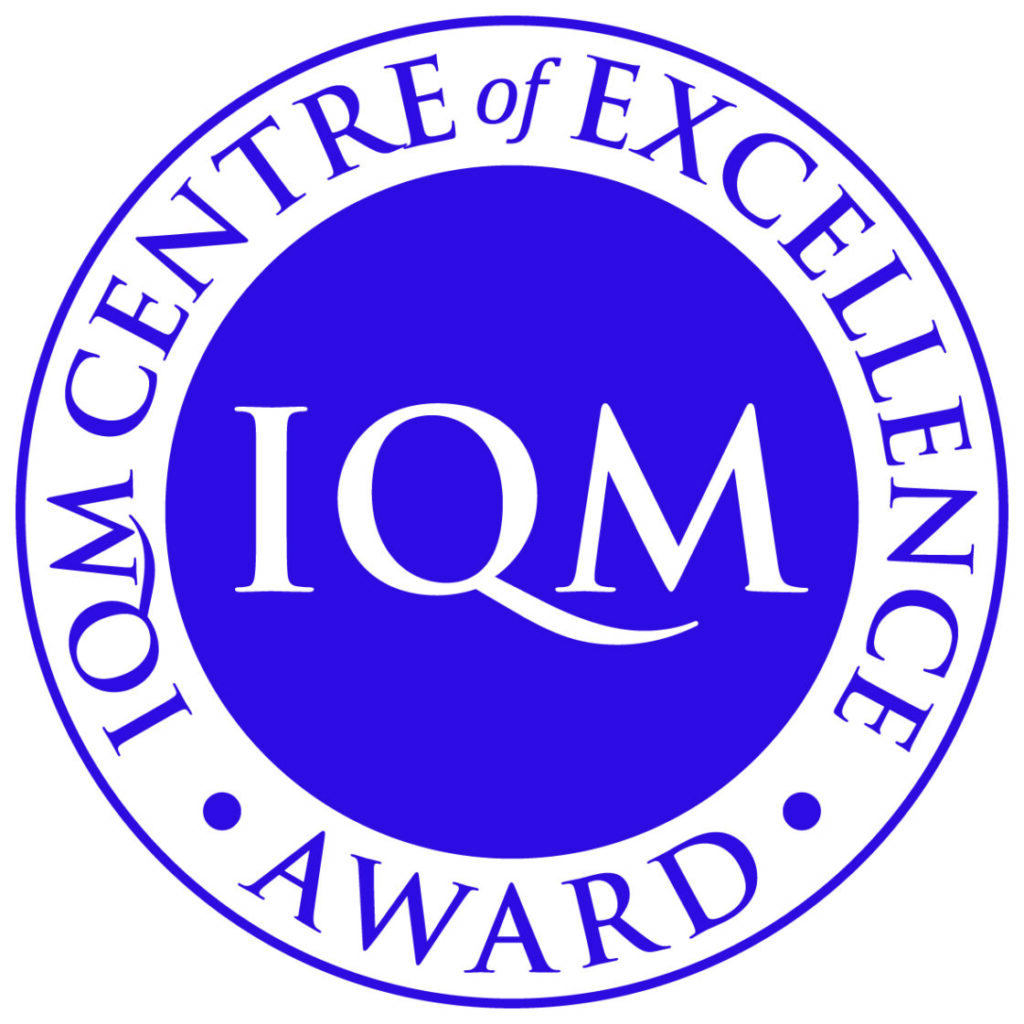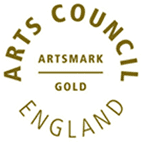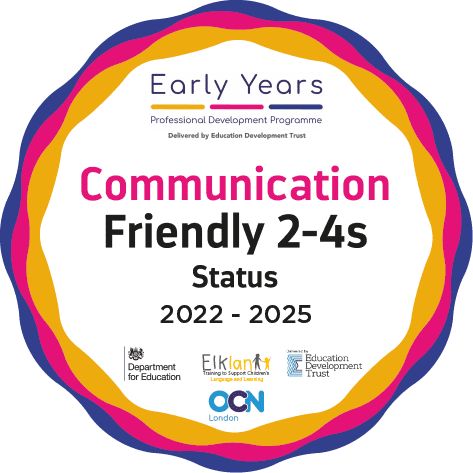Mathematics forms one of the cornerstones of our provision here at West Rainton.
Every day in school, from our 2-year-olds in nursery to our Year 6 pupils, we are all experiencing the world of mathematics around us. As well as gaining the key skills and knowledge of number, shape, space and measures, statistics, calculation, algebra and much more, our lessons also strive to foster problem-solving, methodical thinking and logical strategies.
Mathematics offers children a powerful way of communicating. They learn to explore and explain their ideas using symbols, diagrams and spoken and written language. They also start to discover how mathematics has developed over time and contributes to our society and culture.
Leadership and intent of mathematics at West Rainton
The key aims of learning mathematics in our school are:
- To foster an early interest and intrigue in the world of mathematics;
- To facilitate the acquisition of basic mathematical concepts and computational skills;
- To support pupils in learning how to think creatively and strategically, communicate and problem-solve;
- To provide the contexts for pupils to become critical and resilient thinkers able to come up with multiple plans and solutions;
- To help students to develop number fluency and spatial sense with an ability to appreciate patterns, sequences and relationships in number and shape;
- To give pupils the skills and understanding to access the everyday real-life maths in the world around them;
- To enhance pupils’ lifelong learning abilities through secure mathematical knowledge.

Mr Adam McDonough
You can read the full pen profile of our maths lead here:
The content of our maths curriculum mapping is reviewed annually and carefully considered based on prior learning and experiences. Being in a small school often requires curriculum tailoring to mixed-age classes which is thoroughly planned to ensure all children get their appropriate entitlement.
As subject lead, I regularly update my knowledge and skills with authority-led training as well as continuing my own studies in the subject.
How mathematics supports our overarching curriculum key drivers:
 Aiming high
Aiming high
We want our pupils to be inspired by our provision, and to ignite strong aspirations and high expectations of themselves and their future. Promotion of strong attendance is fundamental in this. Through the use of visits, visitors and enriching experiences, we will build knowledge and understanding of career possibilities as well as a hunger to embrace new and exciting opportunities. We will ensure we plan regular opportunities for children to develop self-belief and to see the benefits of taking risks and overcoming challenge. Our pupils will be supported to light up future pathways to fulfilling lives of employment choices, prosperity and future happiness. Alongside literacy, our numeracy skills, knowledge and understanding are crucial foundations to all aspects of learning and life. Mathematics is found every day in every activity we do in our day-to-day lives, and in every career. In our school, children are encouraged to see the wonder and joy in mathematics; to strip away the fears some may hold for the subject and to recognise how it unlocks a world of possibilities.
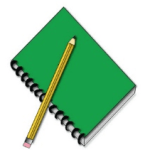 Skills for learning and life
Skills for learning and life
We want pupils to leave our school with a bank of knowledge and a skillset specific to each individual subject, whilst also making transferable connections across other areas of learning and life. Fundamental to this, is a curriculum rich in core skills of language, vocabulary, communication, literacy and numeracy. Our pupils will be taught to be inquisitive, follow a line of enquiry to reach answers, and to recall and present their learning in a vibrant range of ways. Opportunities to develop resilience, organisation, leadership, teamwork, adaptability, patience and initiative are all interwoven into our subjects and wider school life in order for our children to adjust to new learning situations. Being able to think, act, work and explain as a mathematician transcends far beyond the subject we study. Identifying patterns, solving problems, fostering resilience, developing strategic and logical thinking, communicating a process and finding solutions are all skills we will use every day of our lives, no matter what future path we choose.
 Growing healthily
Growing healthily
Equally as important to us is the development of the whole child. Feeling safe, happy and valued is a fundamental right of all pupils. Our inclusive-rich ethos provides the backdrop to our personal development and wellbeing provision which is skilfully interwoven into all that we do. All pupils are supported to develop a strong understanding of the importance of good physical and mental health, whilst also learning a whole range of factors and influences that can have a negative impact on us. Making, nurturing and maintaining healthy relationships, both on and offline, equips children with the strength and security to recognise what they want and need in life. We believe a strong understanding of e-safety forms a crucial part of being a healthy, well-rounded 21st century global citizen. Our mathematics curriculum is designed to ensure children feel a sense of accomplishment and progression through a well-planned level of challenge and support matched to individual ability and tapping into a range of learning styles. To develop their confidence, it is important that our children encounter maths problems in a range of formats; through discussion, tasks, games, practical and real-life experiences.
 Knowledge of the world
Knowledge of the world
When our pupils leave us at the end of Y6, we want them to feel so proud of themselves as people that they have the personal strength and self-confidence to find their place as positive global citizens. Through our carefully-planned provision, our pupils will experience a diverse and inclusive-rich experience that allows them to bank cultural capital as well as developing a secure understanding of the importance of equality. As well as a secure knowledge of British values, our pupils will have their minds and horizons broadened through diverse social, moral, spiritual and cultural experiences. Pupils will be regularly encouraged to revisit and extend their world-view, fostering tolerance, sensitivity and empathy to interact positively with others. Having a strong foundation of mathematical knowledge, skills and experience ensures our pupils are equipped to take on their next steps in the world with confidence. In an ever-shrinking world facing global challenges such as climate crises, food security and growing migration, mathematics will be a key universal skill that will unite those working to solve such issues.
You can read our full subject policy and curriculum mapping for maths here:
The foundations of mathematics in EYFS 22-23
Number and Place Value Skills Progression
Addition and Subtraction Skills Progression
Multiplication and Division Skills Progression
Fractions and Decimals Skills Progression
Geometry-Properties of Shapes Skills Progression
Geometry-Position and Direction Skills Progression
Measurement Skills Progression
Ratio and Proportion Skills Progression
How mathematics is taught at West Rainton Primary School
Children in years 1-6 follow the national curriculum programme of study and receive a minimum of one hour of mathematics teaching and learning every day. The school follows the Collins ‘Busy Ants’ maths scheme to ensure effective coverage, but enhances and strengthens the breadth of experiences children receive with both Hamilton Trust and White Rose activities. The structure of the Collins scheme is such that core themes are often taught at the same time across the school. This allows for clear monitoring, by the subject lead, of progress and attainment across the school.
The school’s timetable allows for a ‘morning task’ session first thing each day, during which most classes receive additional opportunities to practise key performance indicators in maths such as number patterns, mental calculation strategies and relationships such as multiplication and division facts. The latter is also backed up with individual accounts on ‘TimesTable Rockstars’ which children in years 2-6 access at least three times per week in school as well as at home.
receive additional opportunities to practise key performance indicators in maths such as number patterns, mental calculation strategies and relationships such as multiplication and division facts. The latter is also backed up with individual accounts on ‘TimesTable Rockstars’ which children in years 2-6 access at least three times per week in school as well as at home.
In the early years, children receive a daily maths input in reception which is supported with both teacher-led and independent child-centred tasks both indoor, in various areas of the classroom, and in reception’s exclusive outdoor area.
In our nursery 2-year-old provision and preschool classes, teacher-led maths focus at group time takes place at least three times per week with child-centred tasks readily available both indoor and outside in the nursery garden.
Our inclusive values
As part of our provision on offer, pupils with special educational needs are planned for very carefully in school. This may form a part of their SEN support plan, or individual learning plan as part of an EHCP. It is always a priority for us to ensure that pupils are taught the skills and coverage that they need, rather than just following the national curriculum expectations. We are aware that this is not always what our pupils need – they need a curriculum that is suitable, challenging and relevant. This was highlighted when we were awarded the inclusive ‘Centre of Excellence’ award in late 2020. It is crucial for us that our pupils with SEND make progress, and move on from where they are in their learning journey. This provision may look very different to our other pupils, through differentiation and modification of the curriculum. Our decisions are made in consultation with the SENDCo, Mrs Firth, who advises and supports members of staff with their provision.
The impact of mathematics at West Rainton
It is important that children know why and how they are taught each subject as this empowers them to make reasoned and informed decisions in the future where further education or careers are concerned.
The subject of mathematics, and the skills and strategies learned within it, are crucial to everyday life. We use mathematics all of the time in life; organising our daily routine, catching a bus, cooking a meal, living with a budget, driving a car, planning a holiday, DIY- the list is endless.
Careers that rely heavily on mathematics skills and knowledge include economists, accountants, business, retail, physics, astronomy and computer science. Most careers, however, require a secure understanding of maths concepts.
More than this, mathematics teaches us to think logically; to identify and state the problem clearly; to plan how to solve the problem; and then to apply appropriate methods to evaluate and draw conclusions on what we’ve found.
